Post
A catch
Save a catch to start your fishing logbook. You will be able to to share it with the community if yo want!
A fishing trip
Post an ad to go fishing with other fishermen
Save a catch to start your fishing logbook. You will be able to to share it with the community if yo want!
Post an ad to go fishing with other fishermen
Share a thought, a question with the community
My favorite cities
×Join our 836 fishermen and our 1 cofisherman in Buxton in Derbyshire. The fishing forecast is currently 4.8. The most caught fishes here are the burbot, the bullhead fish, the rudd fish and bitterling fish. Come try the most famous fishing techniques like the eel fishing in freshwater, tips on material to catch bass on plug from the shore, tips on material for mullet fly fishing or trolling.
Our fishing forecast of Buxton indicates the best time to go fishing in this city.
The Burbot
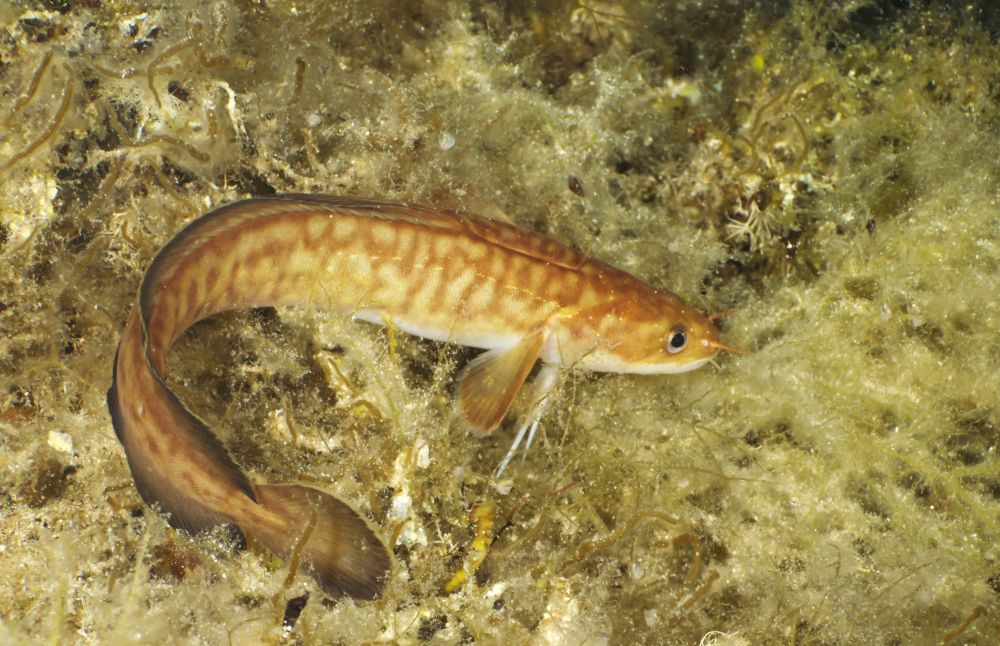
The Burbot fish belongs to the Lotidae family. The burbot can measure 30 to 120 cm and weigh up to 3 kg. It can live from 15 to 20 years. It breeds from December to March and can lay up to one million eggs. It can be fished all year round. The body is cylindrical, elongated, slightly compressed towards the tail, covered with small scales covered with a thick layer of mucus. The back is greenish brown or yellowish with darker mottling, with a gradation becoming lighter on the sides. The belly is yellowish white. The short, rounded pectoral fins, close to the head, overhang the ventral side with their first very elongated radius. The first dorsal fin is short, the second, very long, continues until the birth of the caudal, which is rounded. The lower jaw has a single long barbel and the nostrils have two fairly distant orifices, each with a small barbel. The mouth is wide, with many fine teeth.
The Burbot is a famous fish you can catch in Buxton.The Bullhead fish
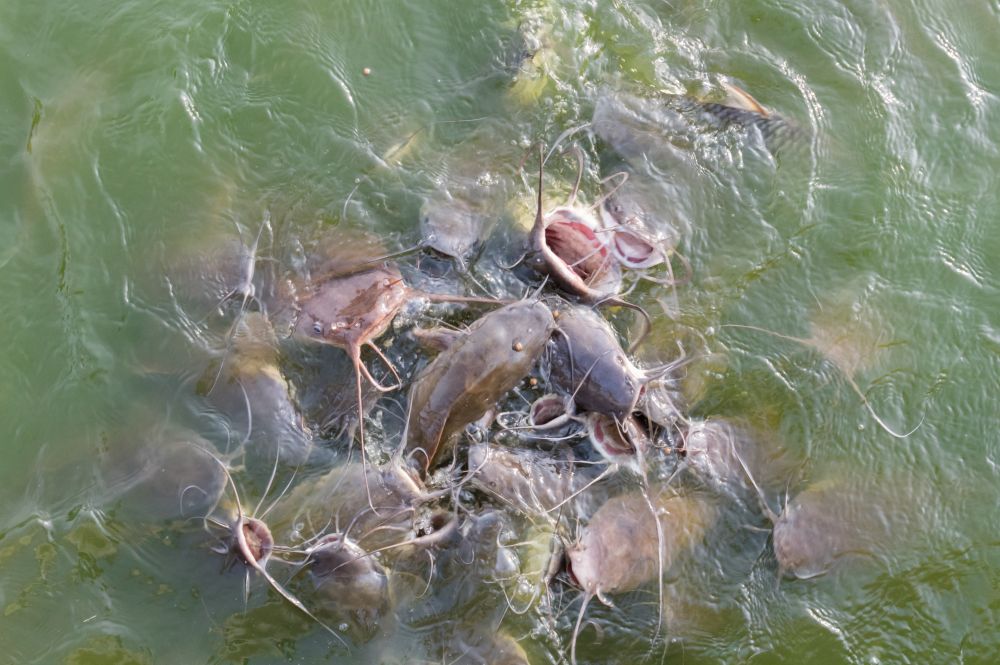
The Bullhead fish belongs to the Ictaluridae family. This species generally measures 15 to 20 cm, but can reach a maximum of 45 cm for a weight of 2 kg. It can live up to 6 years. It breeds in May-June and lays up to 5000 eggs. It can be fished all year. It is a scaleless fish with bare, viscous skin. Its naked body is elongated and has thousands of sensory cells (electro-receptor cells) that are a particular feature of the species. He has a large flattened head, a very wide mouth with large lips and 8 barbels, 6 of which hang, and 2 are located behind the nostrils. Its pectoral fins have sharp spines that are dangerous. Similarly, its first dorsal fin has a sharp sting. It also has a short fat fin (between the dorsal and caudal fins). Its brown back is almost black or greenish brown, its sides lighter, its belly yellowish white.
The Bullhead fish is a famous fish you can catch in Buxton.The Rudd fish
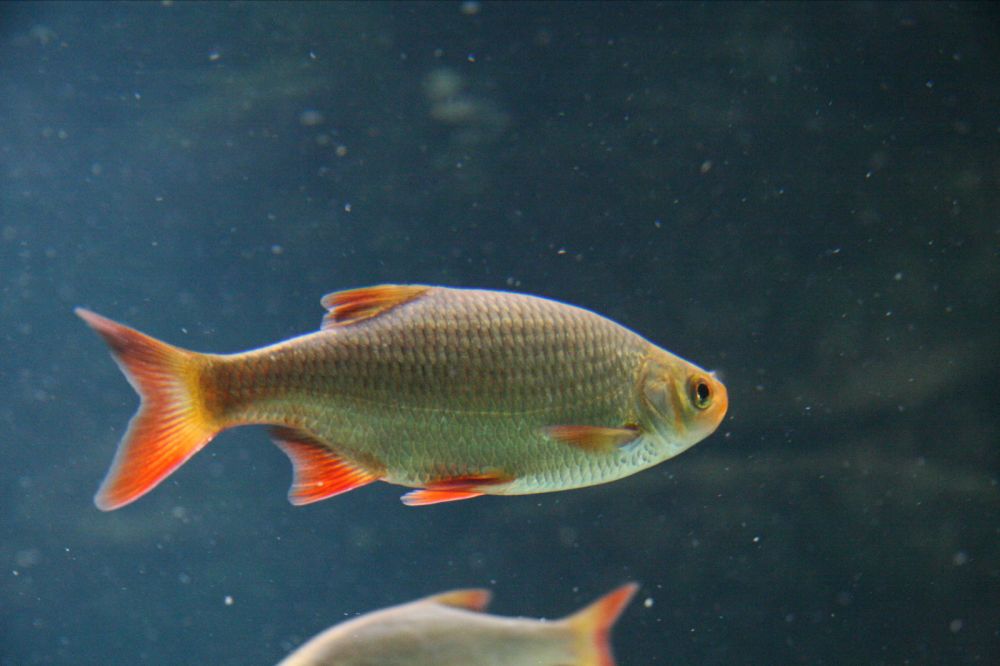
The Rudd fish belongs to the Cyprinidae family. The current size of the rudd fish is 15 to 30 cm for a weight of 0.5 to 1 kg. It can reach nearly 51 cm in height and weigh 2 kg. The rudd fish can live about 17 years. Egg laying is split and takes place from April to June. The female lays 100,000 to 200,000 eggs. Fishing for rudd is allowed all year round. It is easily identifiable by the diver: the silvery appearance of its body. A closer look at the position of the dorsal and ventral fins will then make the difference between the two species. If the ventral fins are placed further forward than the dorsal fin, it is the ratchet. The mouth, small, terminal, opens obliquely upwards. The back of the rattlesnake is brownish green, the sides and belly are silvery. The iris of the eyes is yellow with golden reflections. Dorsal, anal and pelvic fins are bright red in color.
The Rudd fish is a famous fish you can catch in Buxton.Bitterling Fish
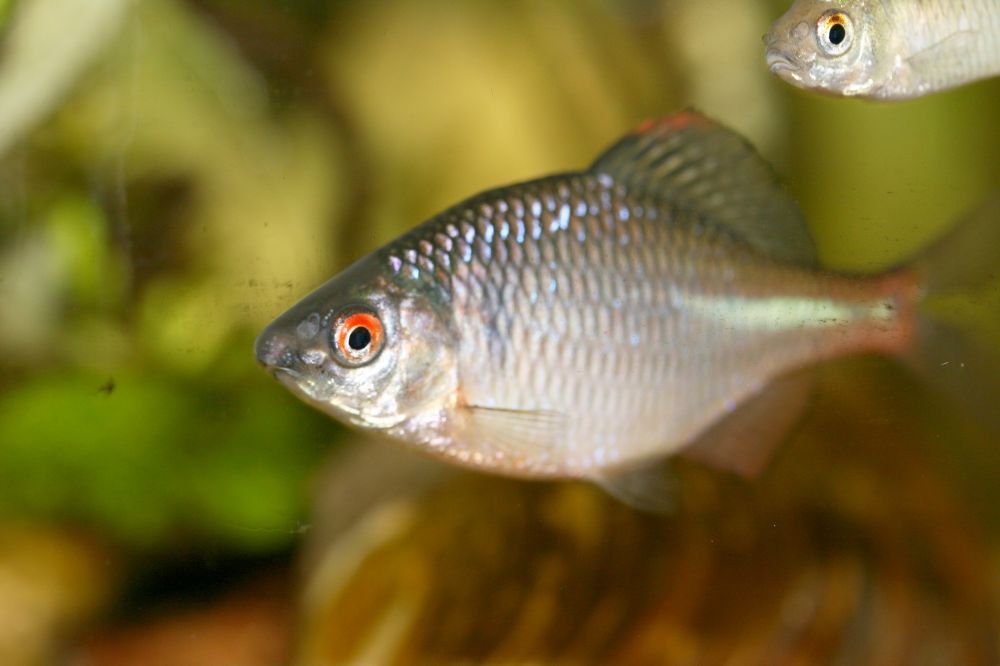
The Bitterling fish is a freshwater fish and belongs to the Cyprinidae family. Its scientific name is Rhodeus Amarus. The current size of the bitterling fish is 5-6 cm. Some individuals can reach a maximum height of 11 cm and a weight of 10 g. This species is one of the smallest Cyprinid in Europe. It lives on average from 2 to 3 years. The spawning period is between April and June. It lays 40 to 100 oocytes. This fish is easy to catch due to its small size. The bitterling is a small fish whose body is high and laterally compressed. The lateral line is short or incomplete. The scales on the back have a grey-green coloring. The sides are clear with silvery reflections. During the breeding period the silver coloration changes to a pink to bright red color with a dark blue sideband. Sexual dimorphism occurs between the male and female during reproduction. A 5 to 8 mm laying tube (ovipositor) develops in the female, which allows her to lay her eggs in the gill cavity of freshwater mussels. The male has a higher body than the female and its colors become brighter during the breeding season. The bitterling fish's eyes are quite large. Its mouth is small, oblique and the upper jaw protrudes beyond the lower jaw. The anal and dorsal fins have a short base and 8 to 10 branched rays.
Bitterling Fish is a famous fish you can catch in Buxton.The Rainbow trout
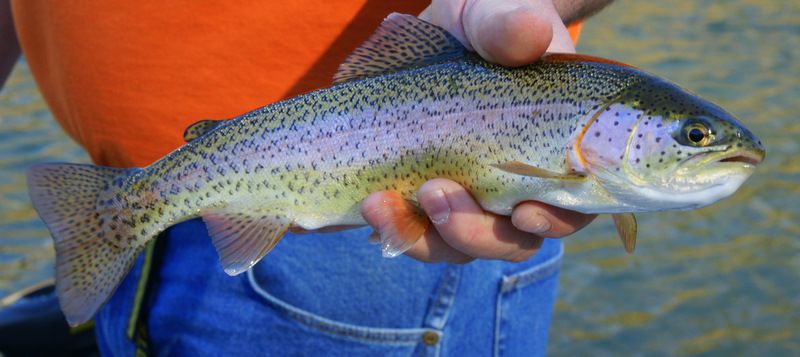
The Rainbow trout belongs to the Salmonidae family. On average, it measures 35 to 70 cm and weighs 500 g to 6 kg. In this species, a maximum lifespan of 11 years has been observed. Rainbow trout reproduce naturally from late March to early July. Fertility is about 2000 eggs per kg. Depending on the region, it is fished from March to September. Rainbow trout have a streamlined, laterally compressed and slender body. It has a small head and a slightly split mouth. Its body is arched at the level of the dorsal fin. It should also be noted that there is an adipose fin common to all Salmonids. Its scales are small and thin. Generally, the entire body is punctuated by small black spots, many on the back and sides, as well as on the dorsal and caudal fins. The back is olive green and the sides are silvery. The color of the belly varies from white to yellowish. Nevertheless, the general coloring of the body varies greatly depending on the age, habitat and physiological stage of the fish. The particularity of rainbow trout lies in the presence, all along the body, of an iridescent longitudinal band, predominantly pink. During the breeding season, the female is generally rounder because of the ovarian volume, while the males appear to be more elongated. They become darker and their colors more vivid.
The Rainbow trout is a famous fish you can catch in Buxton.Our fishing forecast of Buxton indicates the best time to go fishing in this city.
Our fishing forecast of Buxton indicates the best time to go fishing in this city.
Our fishing forecast of Buxton indicates the best time to go fishing in this city.
